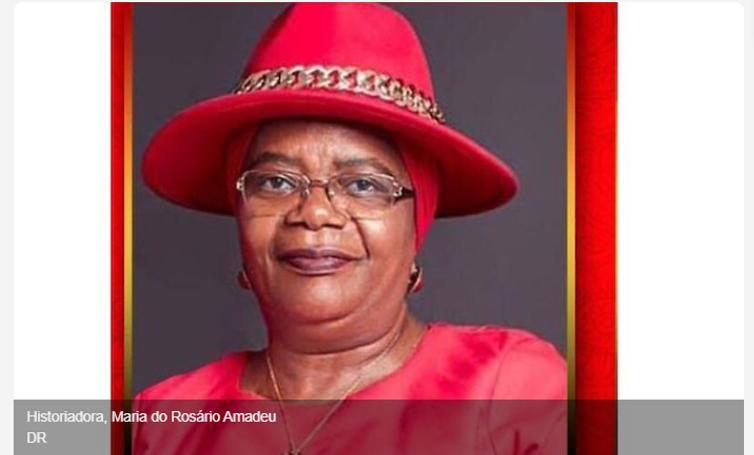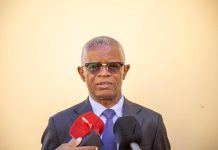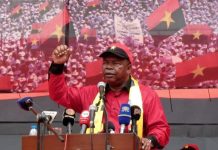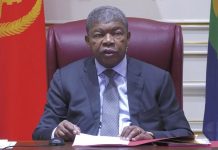Africa-Press – Angola. Historian Maria do Rosário Amadeu said Tuesday in Huambo that Angolan youth should view the legacy of Angola’s first President, António Agostinho Neto, as inspiration for solving current challenges.
Speaking about National Hero’s Day, which falls on the 17th of this month, she stated that the best way to honor António Agostinho Neto’s memory is to work with dedication to solving the people’s problems.
She said it is important that this action revive, above all, the founder of the Nation’s thought that “agriculture is the basis and industry the decisive factor” for national development. The historian noted that António Agostinho Neto always linked political independence to economic and social progress, not only stating that “the most important thing is to solve the people’s problems,” but also warning that without agricultural production and industrial growth, it would not be possible to guarantee dignity to the population.
She stated that today’s youth have a patriotic duty to transform these ideas into concrete actions, through study, work, and innovation, so that Angola can advance sustainably.
Maria do Rosário Amadeu said that young people should increasingly value and revisit the ideas of the nation’s founder, as they represent not only an exercise in remembrance, but also a commitment to the country’s present and future.
She recalled that António Agostinho Neto proclaimed National Independence on November 11, 1975, and presided over the country until his death from illness on September 10, 1979.
The historian noted that, despite having led the country for a short time, he left a political, cultural, and social legacy that remains relevant 46 years after his physical death.
Born on September 17, 1922, in Kaxicane, Icolo, and Bengo, and died on September 10, 1979, António Agostino Neto was a nationalist, physician, politician, writer, and poet. As the first President of Angola, he proclaimed national independence from the then Portuguese colonial rule on November 11, 1975.
He is a figurehead of national culture, having written several works translated into several languages, notably “Quatro Poemas de Agostinho Neto” (Four Poems of Agostinho Neto) in 1957, “Sagrada Esperança” (Sacred Hope) (1974), and “A Renúncia Impossível” (The Impossible Renouncement) (1982).
For More News And Analysis About Angola Follow Africa-Press






